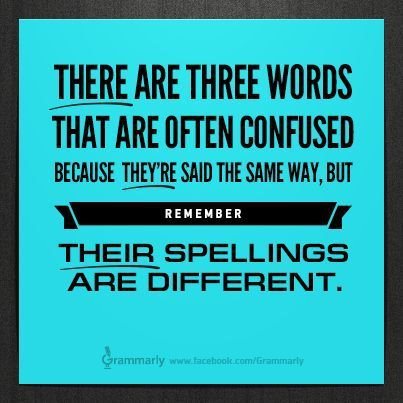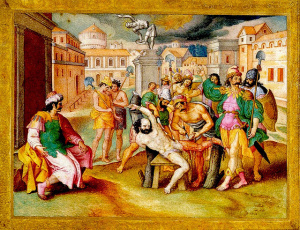Coruscating criticism or excoriating criticism?: 20 words you shouldn’t confuse (1-2).
There are dozens of words that are all too easy to confuse. There’s [sic] the obvious case of its’s/its, not to mention there/they’re/their.
But then there are a host of others which are rather more uncommon, even literary. Since many are words generally found in formal or literary writing, readers of which are likely to be more literate themselves, and therefore more critical, it could be a bit embarrassing for you as a writer to mistake one for the other.
Here are two of my top twenty. It’s well worth paying particular attention to them.
coruscating/excoriating
Coruscating is a journalistic favourite. Hacks in particular light on it in order to embellish their prose, all too often with scant regard for its true meaning.
It derives from the Latin coruscāre “to vibrate, glitter, sparkle, gleam”; “glittering” or “sparkling”, literally or metaphorically, is what it means in English, e.g. She preserves the steely delicacy and coruscating wit of Wilde’s writing.
So, it puzzles me that, despite its relative rarity, it is commonly misused in phrases such as coruscating attack, criticism, review by mistake for the slightly less rare but equally Latinate word excoriating.
This is the participial adjective of the verb excoriate, which in English has been used to mean literally “strip the skin off” someone,  and non-literally “criticize them mercilessly”, e.g. Audiences are excoriated for not understanding what composers write.
and non-literally “criticize them mercilessly”, e.g. Audiences are excoriated for not understanding what composers write.
Even more embarrassing than misusing the word in the first place is to compound the stylistic felony by doubling coruscating’s single letter r, as noted in The Guardian’s Corrections and clarifications column: “In the following article, Terry Eagleton’s ‘corruscating [sic] review’ of Richard Dawkins’s book The God Delusion may have been withering or possibly even acidulous.”
Alternatives whose meaning would be clearer to reader and writer alike are blistering, devastating, and scathing.
cache, cachet
People sometimes use cachet when cache is required. Despite having five letters in common, and coming ultimately from the same French verb (cacher), in English they are completely unrelated. A cache of something is a “collection of items of the same type stored in a hidden place” such as an arms cache or a cache of gold and rhymes with cash.
Cachet is “prestige, high status; the quality of being respected or admired” and rhymes with sachet. The next two examples show the words being used correctly:
Several inmates seized a cache of grenades and other weapons and killed six security officers, including a high-ranking counterterrorism official;
The department stores knew they had to offer something different, something perceived to have more cachet.
In the next one, cachet is wrong, and cache would be correct: Egyptian excavators this week chanced upon a cachet of limestone reliefs.
Filed under: Advice for writers, Confusable words, Grammar, Meaning of words, Writing Skills Tagged: 20 confusable words





